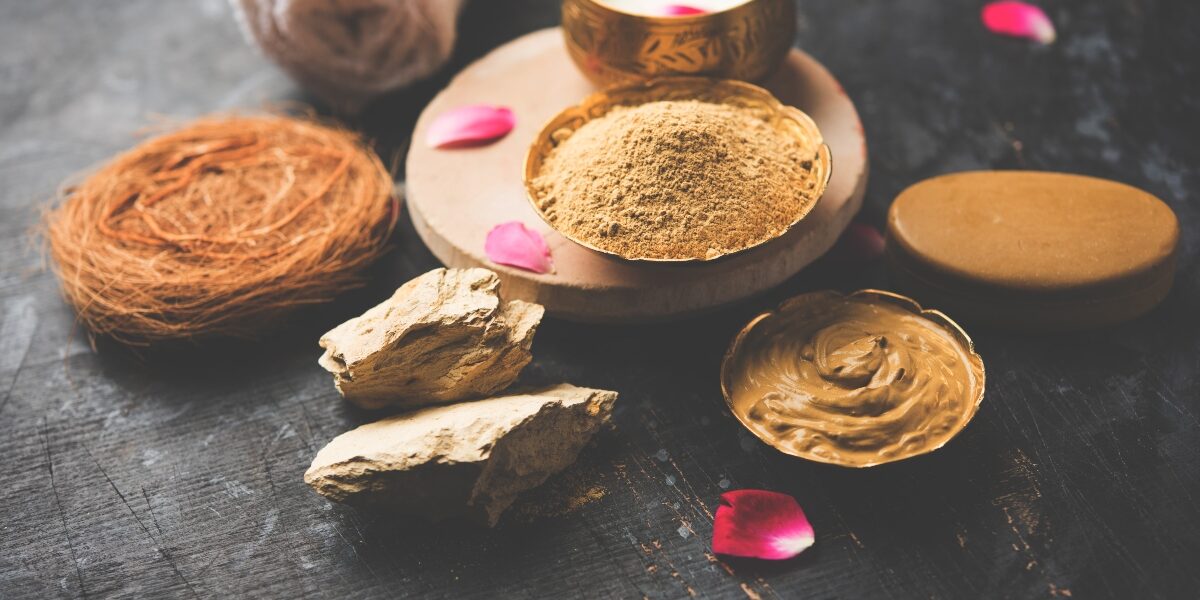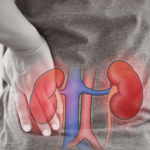Our skin is not just an outer covering; it’s a reflection of our inner health and vitality. However, many of us struggle with various Dermatological issues, from acne to dryness, making us feel less confident and comfortable. Understanding how to care for your skin effectively can make a significant difference in achieving a clear, radiant complexion.
Understanding Skin Types
Before delving into skincare tips, it’s crucial to understand your skin type. Skin can be categorized into oily, dry, combination, or sensitive. Identifying your Dermatological type will help tailor your skincare routine to suit its specific needs.
Daily Skincare Routine
A consistent skincare routine is essential for maintaining healthy skin. This typically involves cleansing, toning, moisturizing, and applying sunscreen daily. Cleansing removes dirt and impurities, toning helps balance the skin’s pH levels, moisturizing keeps the skin hydrated, and sunscreen protects against harmful UV rays.
Importance of Hydration
Hydration is key to supple, glowing skin. Drinking an adequate amount of water daily helps flush out toxins and keeps the skin hydrated from within. Additionally, using hydrating skincare products can lock in moisture and prevent moisture loss.
Healthy Diet for Healthy Skin
What you eat directly impacts your skin’s health. Incorporating foods rich in antioxidants, vitamins, and minerals, such as fruits, vegetables, and whole grains, can promote clear, youthful-looking skin. Conversely, consuming excessive sugar and processed foods can exacerbate dermatological issues.
Effective Skincare Ingredients
Certain skincare ingredients have been proven to be highly beneficial for the skin. Vitamin C brightens the complexion and boosts collagen production, retinoids help reduce the appearance of fine lines and wrinkles, and hyaluronic acid hydrates and plumps the skin.
Dermatological Tips :The Role of Exercise

Regular exercise not only benefits your overall health but also your skin. Exercise increases blood circulation, delivering oxygen and nutrients to the skin cells, resulting in a healthy, radiant complexion. Furthermore, exercise helps reduce stress levels, which can contribute to clearer skin.
Sleep and Skin Health
Adequate sleep is crucial for skin repair and regeneration. During sleep, the body produces collagen, a protein that helps maintain skin elasticity and firmness. Establishing a bedtime skincare routine can further enhance skin health by allowing products to work their magic overnight.
Stress Management for Clear Skin
Stress can wreak havoc on your skin, leading to breakouts, dullness, and premature aging. Incorporating stress management techniques such as meditation, yoga, or deep breathing exercises into your daily routine can help keep stress levels in check and promote clear, glowing skin.
Avoiding Harmful Habits
Certain lifestyle habits can sabotage your skincare efforts. Smoking deprives the skin of oxygen and nutrients, leading to premature aging and dullness. Similarly, excessive alcohol consumption dehydrates the skin, causing it to appear dry and lackluster.
Skincare Tips for Different Seasons
Your skincare needs may vary depending on the season. In winter, the cold, dry air can strip the skin of its natural oils, necessitating heavier moisturizers and protective clothing. In summer, increased sun exposure calls for lightweight, non-comedogenic sunscreen and regular hydration.
Seeking Professional Help
If you’re struggling with persistent skin issues or are unsure about which products to use, don’t hesitate to seek advice from a dermatologist. A dermatologist can assess your skin type and recommend personalized skincare solutions tailored to your specific needs.
Natural Remedies for Dermatological Issues

Nature offers a plethora of ingredients known for their skincare benefits. Aloe vera soothes inflammation and promotes healing, making it ideal for treating sunburns and irritations. Tea tree oil possesses antimicrobial properties, making it effective against acne and fungal infections.
Dealing with Acne
Acne is a common skin concern that can affect individuals of all ages. To prevent breakouts, it’s essential to cleanse the skin regularly, avoid pore-clogging products, and maintain a healthy lifestyle. If acne persists, consider incorporating acne-fighting ingredients such as salicylic acid or benzoyl peroxide into your skincare routine.
Prevention Tips
Preventing acne involves adopting good skincare habits and making lifestyle changes. Here are some tips to help keep breakouts at bay:
- Cleanse Regularly: Wash your face twice daily with a gentle cleanser to remove dirt, oil, and impurities that can clog pores and contribute to acne.
- Use Non-Comedogenic Products: Opt for skincare and makeup products labeled as non-comedogenic, meaning they won’t clog pores.
- Avoid Touching Your Face: Refrain from touching your face throughout the day, as this can transfer bacteria and oil from your hands to your skin, exacerbating acne.
- Don’t Over-Exfoliate: While exfoliating can help unclog pores, overdoing it can irritate the skin and worsen acne. Limit exfoliation to 1-2 times per week.
- Maintain a Healthy Diet: Eat a balanced diet rich in fruits, vegetables, lean proteins, and whole grains. Avoid excessive consumption of dairy and high-glycemic foods, as they may trigger breakouts in some individuals.
Treatment Options
If acne persists despite preventive measures, there are various treatment options available to help manage and reduce breakouts:
- Topical Treatments: Over-the-counter and prescription-strength topical treatments containing ingredients such as benzoyl peroxide, salicylic acid, or retinoids can help unclog pores, reduce inflammation, and prevent new breakouts.
- Oral Medications: In severe cases of acne, oral medications such as antibiotics, oral contraceptives (for females), or isotretinoin may be prescribed by a dermatologist to target acne-causing bacteria, regulate hormone levels, or reduce oil production.
- Professional Treatments: Dermatological procedures such as chemical peels, microdermabrasion, or laser therapy can help improve acne by exfoliating the skin, reducing oil production, and promoting skin renewal.
- Lifestyle Changes: In addition to skincare treatments, making lifestyle changes can also help improve acne. Manage stress levels, get adequate sleep, and avoid habits like smoking and excessive alcohol consumption, which can aggravate acne.
- Consistency is Key: Consistency is crucial when treating acne. Stick to your skincare routine and treatment plan, even if you don’t see immediate results. It can take several weeks or months for acne treatments to take full effect.
Conclusion: Embrace Healthy Skin Habits
Achieving clear, radiant skin is within reach with the right skincare regimen and lifestyle choices. By understanding your skin type, following a consistent skincare routine, and adopting healthy habits such as staying hydrated, eating a balanced diet, and managing stress, you can bid farewell to skin struggles and hello to glowing, youthful-looking skin. Dealing with acne can be challenging, but it’s essential to remember that effective treatments are available. By adopting preventive measures, incorporating appropriate treatments, and seeking guidance from a dermatologist when needed, you can successfully manage acne and achieve clearer, healthier skin.


